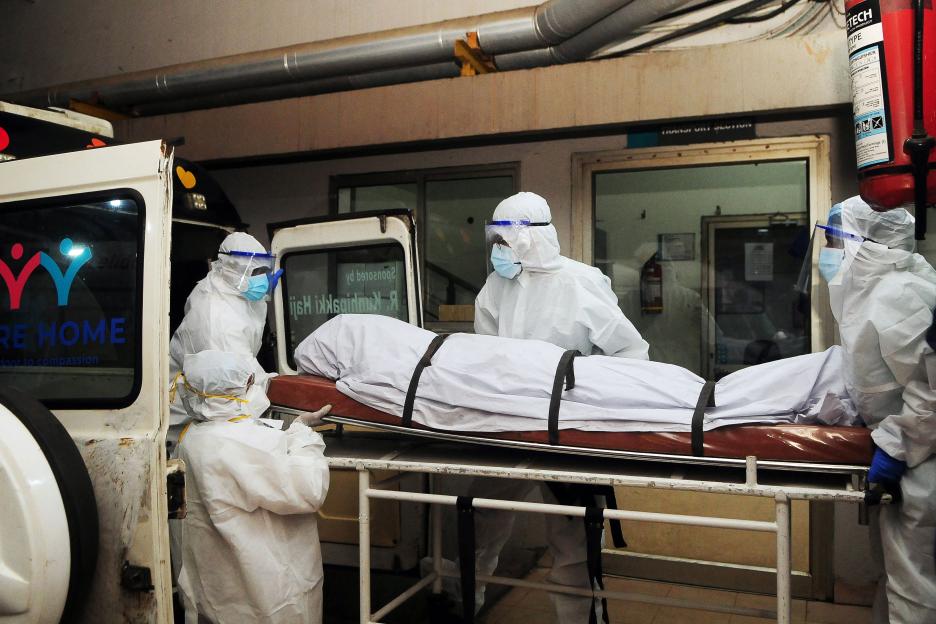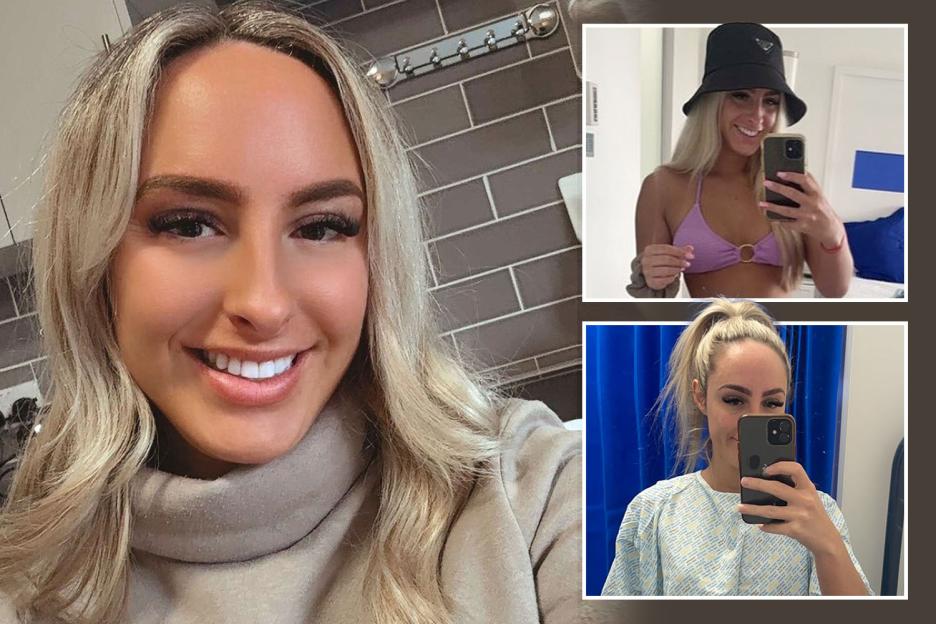DO you remember playing in the streets as a child?
More than half of parents say their own kids are playing outside less than they did.
 Dr Zoe Williams helps Sun readers with their health concerns
Dr Zoe Williams helps Sun readers with their health concernsIt’s easy to lay the blame at them having too much screen time â whether it’s apps on their phones, gaming, or watching TV.
But while these are factors, experts believe there are other factors keeping them inside.
The Raising The Nation Play Commission inquiry warns children also have fewer opportunities to play, including fewer safe places like parks.
It called for the ban of ‘No Ball Game’ signs, a ban on phones in schools and a Government ‘minister for play’, among other things.
As a mother myself, it can be scary to see the difference in the world in which children grow up now.
It’s also our responsibility as parents to do what we can to create time and space for our kids to play like we used to.
With record high rates of and issues it has never been more important.
Here’s a selection of what readers have asked me this weekâ.â.â.â
ITCH THAT WON’T STOP
Q) LAST September, both my shins started to itch really badly.
I went to my GP who said it could be related to varicose veins and gave me cream.
After a couple of months, the itch disappeared.
In February of this year, parts of my trunk broke out and were extremely itchy.
I went back to the GP and I was given three different types of cream.
None of the creams seemed to make any difference.
I had my blood checked for liver and kidney issues, and the results came back clear.
I have used a high-dose antihistamine, over-the-counter creams and an oatmeal-based body wash.
They all tend to work for a couple of days before the rash comes back.
The itch is now on my hand, going up my arms and spreading on my neck.
This is making me miserable and affecting my sleep. All I want to do is scratch. Any help will be appreciated.
I am 65 and take propranolol for a hand tremor.
A) I haven’t seen any images but your description sounds very much like .
can make it more likely to get eczema on the legs.
We actually call this varicose eczema. Varicose veins don’t tend to work as well, and this means that blood can pool in the lower legs.
The increased pressure in these veins can cause fluid to leak into the surrounding tissue.
It’s thought that varicose eczema may develop as a result of the immune system reacting to this fluid.
But to then go on and have these other outbreaks of what I’m assuming is eczema, points towards something else going on.
I’m wondering when it was that you started taking propranolol?
Propranolol, which is a beta-blocker, can help with hand tremors, but it can sometimes cause skin reactions, including eczema-like eruptions in the process.
It can also trigger or worsen existing eczema in some individuals.
Please do let me know if the skin issues tie in with starting propranolol.
Q) DEAR Zoe, firstly, I’d like to say that I love your column in The Sun and find your advice very helpful and given without judgement.
I’m a 58-year-old male, and in the last six months or so, I’ve had a lot of bleeding while going to the toilet.
 Dr Zoe helps a reader who has bleeding while going to the toilet
Dr Zoe helps a reader who has bleeding while going to the toiletIt’s almost every time. I’ve had for years, but it’s not been an issue.
I fear I am anaemic because the last time I went to donate blood, they wouldn’t take any as my count was too low.
I should be the opposite because I have haemochromatosis. Will this go away on its own?
A) Thank you for your kind words.
To protect your health, your haemoglobin (Hb) level must be at least 135 g/L for men and 125 g/L for women prior to blood donation.
As you say, you’d expect your normal Hb to be slightly on the high side to begin with, because haemochromatosis is when iron levels slowly build up over the years.
So your low levels would suggest that you are losing a significant amount of blood from the haemorrhoids.
I’d advise seeing your GP to be checked for anaemia and, depending on their estimation of how much blood you are losing from the haemorrhoids (photos of the toilet bowl are helpful), they may want to consider if there could be bleeding from higher up the gastrointestinal tract.
Have you noticed blood mixed with the stool, or black, tarry stools?
This could indicate digested blood from the stomach, for example.
If your GP is satisfied that the piles are the likely cause, then I’d expect they will refer you to a specialist.
There are several ways specialists can treat troublesome piles, including placing rubber bands around the base of the haemorrhoid to cut off blood supply, which causes it to fall off within a week, sclerotherapy injections or infrared coagulation.
Sometimes, surgery is deemed the best option.
is managed with iron supplementation and, if severe, may require blood transfusion.
If you haven’t already, do look at the NHS website for diet and lifestyle advice for piles.
How can I lower blood pressure
Q) CAN I have your advice on ?
I want to avoid taking tablets if I can, as I have reached the age of 59 without any tablets so far.
 Dr Zoe helps a reader who has issues with blood pressure
Dr Zoe helps a reader who has issues with blood pressureI keep healthy, exercise regularly, don’t smoke, hardly drink, eat healthy food, avoid salt etc.
But my blood pressure floats around 140/90, which is considered normal by some and high by others, but I want it to be lower.
I have even started eating bananas and I hate bananas. Any advice?
A) IT’S great that you’re maintaining such a healthy lifestyle.
It can feel unfair that despite this, as we age, issues like , high cholesterol and diabetes can still arise.
For high BP, this is often due to blood vessels becoming less elastic, making it harder for blood to flow, which increases pressure.
To some degree, we can reduce the rate at which this artery stiffening occurs.
Exercise, especially aerobic exercise, can improve artery flexibility.
When we exercise, our BP goes up while the heart is working harder, which temporarily gives the arteries a little stretch and keeps them supple over time.
It’s similar to how stretching the body keeps it flexible. Smoking and excess alcohol can make the arteries stiffer.
Since you’re already healthy, my advice is to gradually increase the intensity of your exercise regime.
This would involve things like running faster or doing more heavy lifting.
You could also consider joining a group class for extra motivation.
Your current blood pressure doesn’t require medication and you can afford to wait and try to optimise your lifestyle in the meantime.
But if it rises in the future, medication may be necessary to protect you against the potential risks of untreated high BP.







